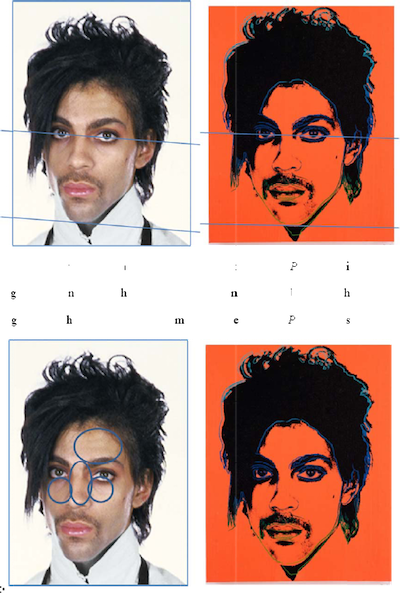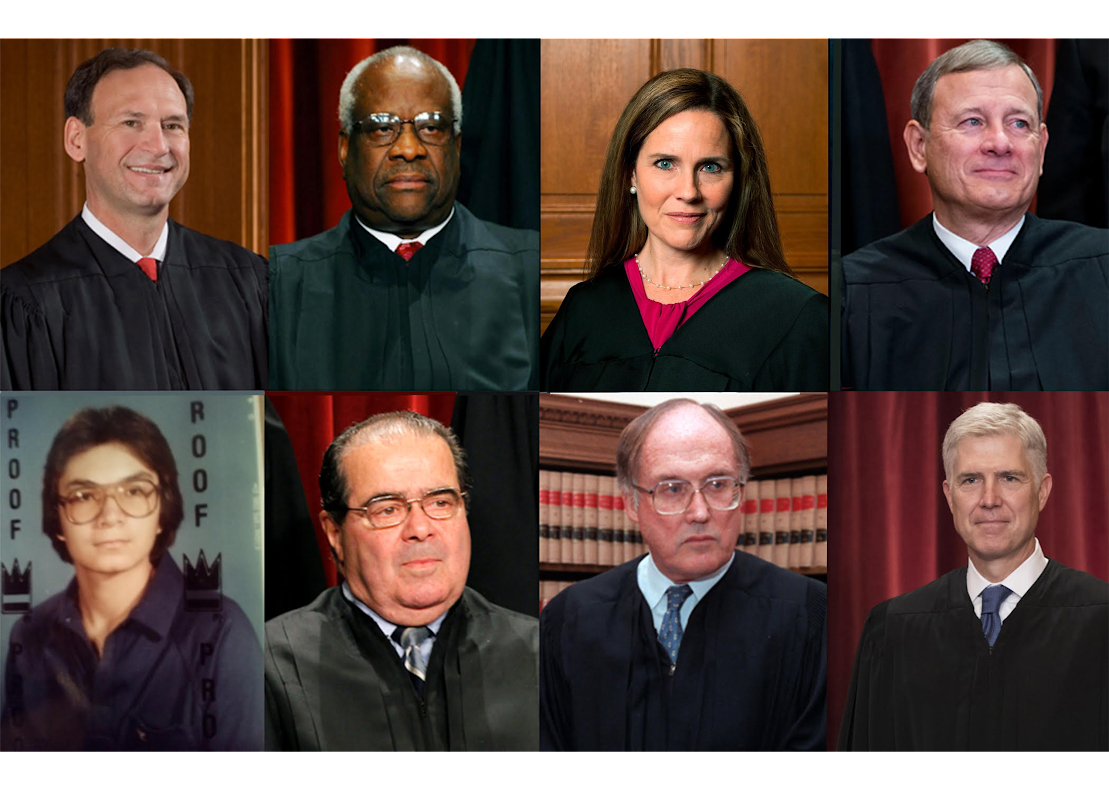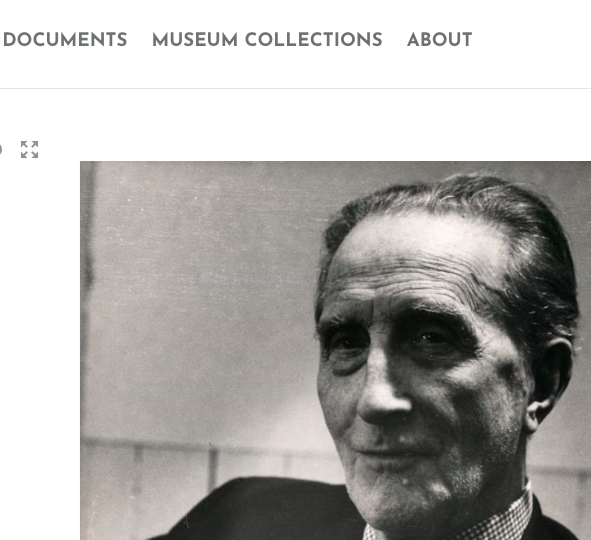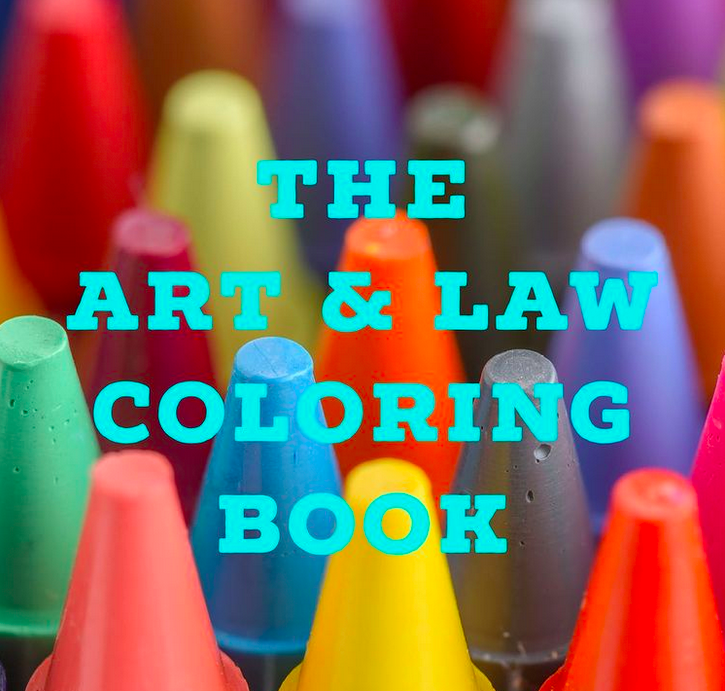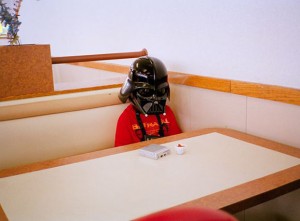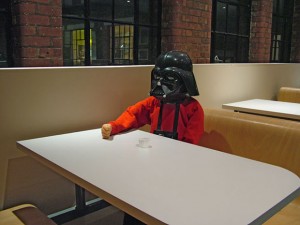February 23rd, 2010 by Sergio Muñoz Sarmiento in
Copyright
It was in Rogers v. Koons.
Professional photographer Alex Brown believes a couple of sculptors, who go by the name of littlewhitehead, have copied one of his photographs. Apparently, Brown never gave consent for littlewhitehead to use his 2007 photo, Sad Vader, to create their own sculpture piece, Spam. The Blog of The British Journal of Photography has been covering this story, and even got a response from littlewhitehead regarding this conflict.
We didn’t know the photograph had been taken by a professional. But for us the photograph was only the starting point for our work. We were never interested in finding out who had taken the original, that was irrelevant to the working process. The fact the image already had such a large web presence is what made the image important to us. …We contacted Alex immediately after hearing of his concerns and asked if there was anyway we could deal with the situation amicably.
What do you think? Compare the two. Brown’s photo is the top image; littlewhitehead’s is the bottom image.
(Alex Brown photograph. Click to enlarge)
(LittleWhitehead sculpture. Click to enlarge)
February 22nd, 2010 by Sergio Muñoz Sarmiento in
Free Speech
A group of artists including Ai Weiwei staged a brief protest in the center of Beijing yesterday against the demolition of an art zone in the east of the capital. The artists gathered on Chang’an Avenue, the main road through Beijing that crosses Tiananmen Square, at about 3 p.m. local time to show their discontent over the demolition of the Chuangyi Zhengyang Art Zone in Chaoyang district. Via Businessweek.
The last few years have raised important copyright issues and concerns for artists. There are three main factors which have impacted–and will continue to impact–how visual artists relate to each other, to art institutions, and to other intellectual property right holders when it concerns issues of copyright.
Read the rest of this entry »
Regarding Shepard Fairey’s motion to have a federal judge postpone his deposition of Fairey until the federal criminal investigation against him is complete, and the denial of that motion, Ben Sheffner analyzes the recently released documents. The short memo can be found here, and Ben Sheffner’s analysis can be found at Copyrights and Campaigns blog.
UPDATE: Feb. 17, 2010
For those interested in the AP’s side of the argument, Sheffner has their opposition brief on his blog, which includes a valid and on-point argument as to why Fairey’s lying and destruction/fabrication of evidence goes to counter the good faith and fair dealing argument presupposed for a fair use defense.
“The AP’s basic argument is that Fairey’s troubles are entirely of his own making, and that ‘[f]or Mr. Fairey now to point to the government’s investigation of his own misconduct as grounds for a discovery extension…is truly the definition of chutzpah.'”
Thanks Ben!
February 16th, 2010 by Sergio Muñoz Sarmiento in
Education
To all who attended this year’s College Art Association in hope of hearing my presentation on art criticism and law (Who Needs An Art Critic: Law and the Space of Writing) scheduled on Lane Relyea’s panel, my sincere apologies for being absent. The weather in NY and Chicago made it impossible for making it out and in on time. I was truly looking forward to presenting this paper and getting feedback, so the missed opportunity is all mine.
However, I will make the paper available here on Clancco.com soon, and will also make an audio version available for those wishing to be lulled to sleep by my sweet intonations. Cheers!
The answer is, yes.
Last week I wrote a couple of entries concerning whether or not artists always keep their copyrights. Donn Zaretsky argued “yes“, and I countered.
Well, just now something interesting came my way via a Clancco reader. The City of Redondo Beach (in our near-bankrupt state of California) is commissioning an artist for a mural project to be located in that same city. The call-for-artists text is interesting for many reasons (must be “non-controversial”), but for our purposes here the language is key. The call includes the following language:
The selected artist will be required to sign a project agreement which will include a provision waiving the artists’ rights to the Visual Artists Rights Act and California Artists Preservation Act. The mural shall be the property of the City of Redondo Beach.
Of course the artist would have to agree to these conditions. Assuming he/she did agree, the artist would not only waive her/his moral rights (state and federal), but perhaps also give up their intellectual property rights to the mural. It’s unclear if “property” as laid-out above would include tangible and intangible property rights, but an artist would certainly be well-advised to obtain the advice and counsel of a lawyer before he/she decides whether or not to accept this commission.
Note also that the artist would only be receiving up to $200 (for materials) for this commission, and expected to donate their time to design and install the 10′ x 10′ mural. The commission language can be found here.
I asked Giovani Garcia-Fenech, the communications director for The Armory Show, if they would you like to make a more formal comment regarding the alleged “threats” of legal action, if The Armory would take any legal action against any galleries that drop out, and if relationships with those galleries were severed or still on friendly terms.
Mr. Garcia-Fenech was kind enough to provide the following statement.
Read the rest of this entry »

